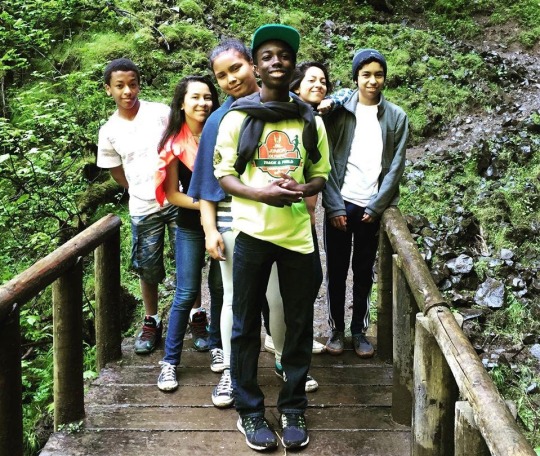
This month’s passage of the bill marks even greater access to the program in undeserved communities.
The WWRP grant program has played a significant role in our state’s landscape and quality of life, investing over $1.3 billion into state and local parks, trails, wildlife habit, and working farms. This month’s passage of the bill marks even greater access to the program in underserved communities, such as low-income areas, communities of color, and tribal governments. The WWRP will offer reduced or waived match requirements in communities where pulling together full matching dollars would otherwise be prohibitively expensive.
“The changes are a boon for undeserved communities and improve access to the opportunities that WWRP can bring to them. It serves the WWRP’s purpose and mission to understand what these communities need” said Rudy Salakory of the Cowlitz Indian Tribe.
Independent facilitators hired by the Washington State Recreation and Conservation Office worked diligently throughout the latter half of 2015 to evaluate WWRP’s greatest assets and identify key areas for improvement. Community round tables were held in counties across the state, and input was collected from many hundreds of community members, businesses, recreation and conservation interests, and Tribes on how WWRP could best meet their current and most pressing needs.
Now that the Bill has passed, the Coalition is working on an outreach plan for diverse stakeholders. The Coalition has already presented at the Northwest Indian Fisheries Commission quarterly meeting and is also in the process of connecting with low-income stakeholder groups near urban areas. These initiatives serve to cultivate interest in new organizational members and bring new members of the community to the table to discuss how a modernized WWRP can benefit their priorities.
